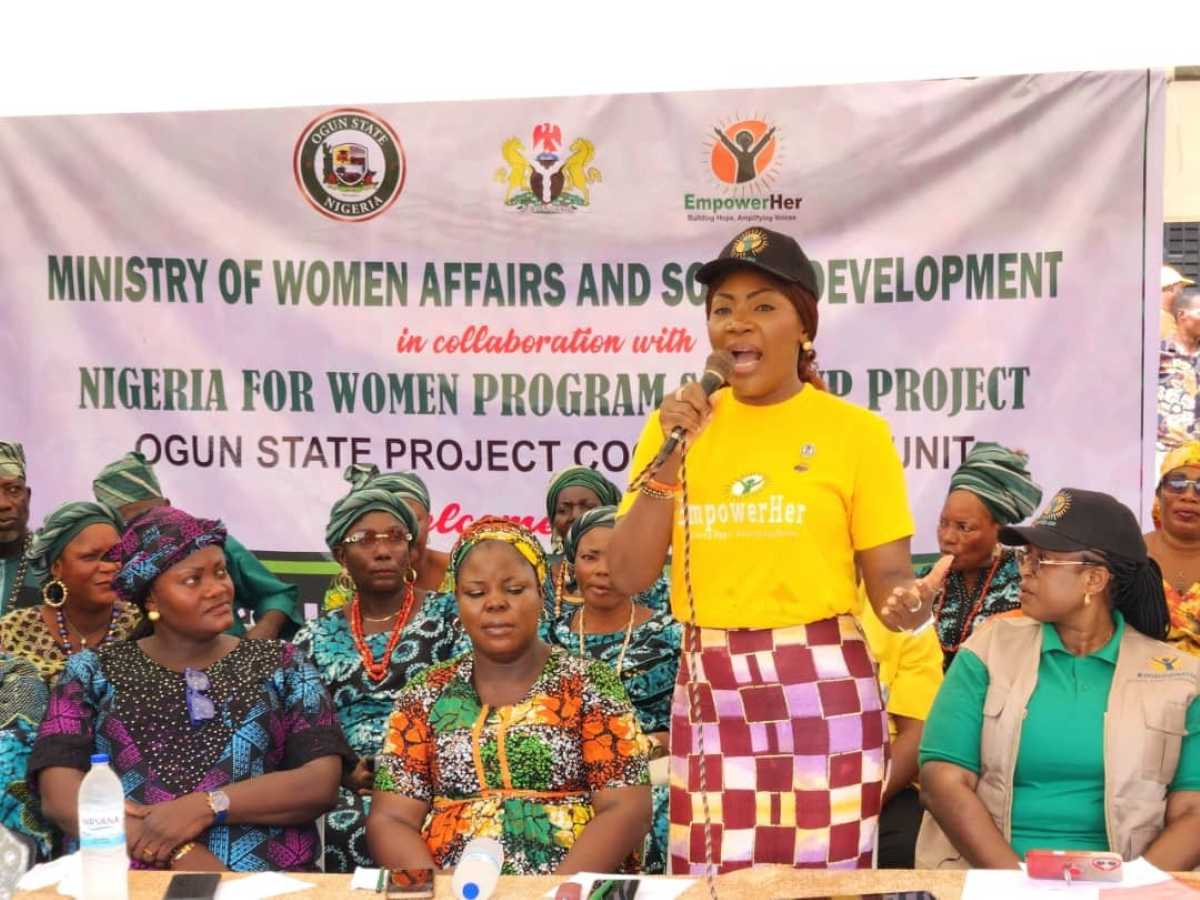Women’s work is still undervalued and underpaid, holding back women, families, and societies, the International Trade Union Confederation (ITUC) has said.
It claimed that despite decades of government commitments, progress is too slow, and in some countries, it is even reversing.
The ITUC noted that trade unions are, however, responding by addressing the gender pay gap in collective bargaining and taking legal and strike action to run awareness-raising campaigns, adding that unions are equally challenging gender-based discrimination, exposing structural inequalities, and fighting to deliver equal pay for work of equal value.
Its report, ‘The ITUC Beijing+30’ highlights these struggles and successes, documenting how unions are mobilising worldwide to demand justice.
It stated that the effective implementation of ILO Conventions 100 and 111 is urgently needed to tackle pay discrimination, guarantee equal treatment, and achieve pay justice.
It said: “These standards are powerful tools, but require political will and enforcement to deliver results.”
ITUC maintained that governments must also deliver on Sustainable Development Goal (SDG) 8.5, which speaks to full employment and decent work with equal pay.
It explained that while equal pay was omitted from the Compromiso de Sevilla, it is significant that the 2025 High-Level Political Forum (HLPF) Ministerial Declaration corrected this by including explicit commitments on equal pay.
It further stressed that for the first time, G20 Labour and Employment Ministers have committed to progressively reducing the gender wage gap, planning a 15 per cent reduction by 2035, with a review midpoint and possible increase to 35 per cent by 2035, and encouraged members to join the Equal Pay International Coalition (EPIC).
It declared that the test now is whether governments turn these words into real action.
It said: “Trade unions play a central role in achieving equal pay for work of equal value, especially through collective bargaining, which remains the most effective tool to reduce gender pay gaps. But this essential role is under threat. The latest ITUC Global Rights Index 2025 reveals increasing restrictions on workers’ rights and attacks on trade unions across the world. Demonstrating and defending the role of unions in achieving equal pay is therefore more important than ever.”
The ITUC General Secretary Luc Triangle said closing the gender pay gap is not only about fairness, but a human right and a foundation of social and economic justice.
“Unions everywhere are proving that collective action delivers results. Governments and employers must step up their action, match this commitment and sit down and work closely with workers’ unions.
“Equal pay is within reach, but only if governments deliver, employers act responsibly, and unions are free to organise and bargain collectively,” he stated.
Later this year, ITUC said it will launch a new guide on Equal Pay for Work of Equal Value, providing its affiliates with practical tools to address the gender pay gap.
According to the labour organisation, the guide will draw on best practices from across the movement, equipping unions with strategies that work, from negotiating stronger collective agreements to pushing for legal reforms and pay transparency measures.






